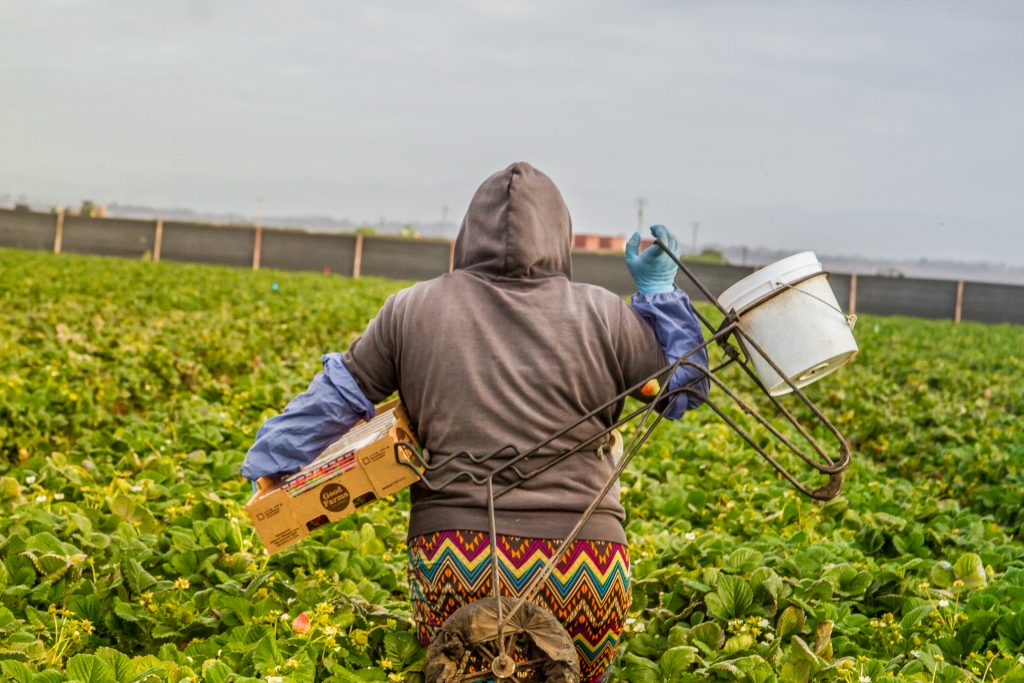Studies Show Ethics Influences Purchasing Decisions of the Majority of Consumers
 It’s not news that the younger generations, millennials and Gen Z, expect to see more from companies in regard to corporate social responsibility. And while the differences between today’s young adults and the older generations might seem vast, Wunderman Thompson Commerce suggests that the generation gap on ethical commerce is not as large as has been previously thought, according to recent studies.
It’s not news that the younger generations, millennials and Gen Z, expect to see more from companies in regard to corporate social responsibility. And while the differences between today’s young adults and the older generations might seem vast, Wunderman Thompson Commerce suggests that the generation gap on ethical commerce is not as large as has been previously thought, according to recent studies.
Wunderman’s Future Shopper 2019 asked consumers if a company’s ethics played an important role in their purchasing decisions. The majority of consumers agreed that it did, with only a seven point variance in generational responses.
According to Wunderman, the market has “now reached a tipping point where ethics is something that influences a majority of customers, not just a small niche.”
Other recent studies confirm Wunderman’s assertion. Whether looking at social issues, environmental impact or treatment of employees, the majority of consumers want to see companies with strong corporate social responsibility policies in effect:
- An Edelman Trust Barometer flash poll conducted over summer 2020 showed that 60% of consumers want companies to take a position about social justice issues.
- A study from The Nielsen Company reports that 81% of global respondents feel strongly that companies should help improve the environment; 49% are willing to pay more for higher quality and safer processes, and 30% will pay a premium for delivering on social responsibility claims.
- Furthermore, The Hartman Group reports that 65% of consumers say that, when deciding on a product or service to purchase, it is important that a company provide good wages and benefits to its employees.
Ethical commerce is moving to the mainstream, with each subsequent generation showing greater interest in companies that share values for social responsibility, protecting the environment and treating employees fairly. This shift will continue to grow in importance in the years to come.
Equitable Food Initiative (EFI) offers solutions to leaders in the fresh produce industry, both for staying ahead of these trends and meeting consumer and retailer demand by delivering assurance for social responsibility around labor practices, food safety and pest management.
Processes for continuous improvement are built into the rigorous EFI Standards, and compliance goes hand in hand with creating business solutions specific to each operation. EFI-certified growers agree that the EFI Program has profoundly improved their operations.
Margaret Stuart, Senior Compliance Manager at Rouge River Farms, says, “EFI is not just another audit or a label to put on your product, it’s holistic and it can make your company better.”
Find out more about how the EFI Program can help your company stay ahead of current market trends and stand out as an industry leader in social responsibility by visiting equitablefood.org/efi-standards/.
Written by: Amy Beth Dingle, Freelance Writer for EFI

